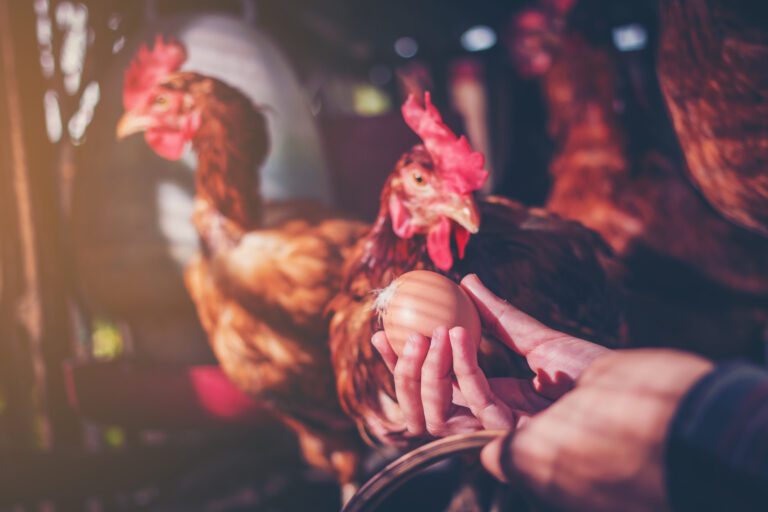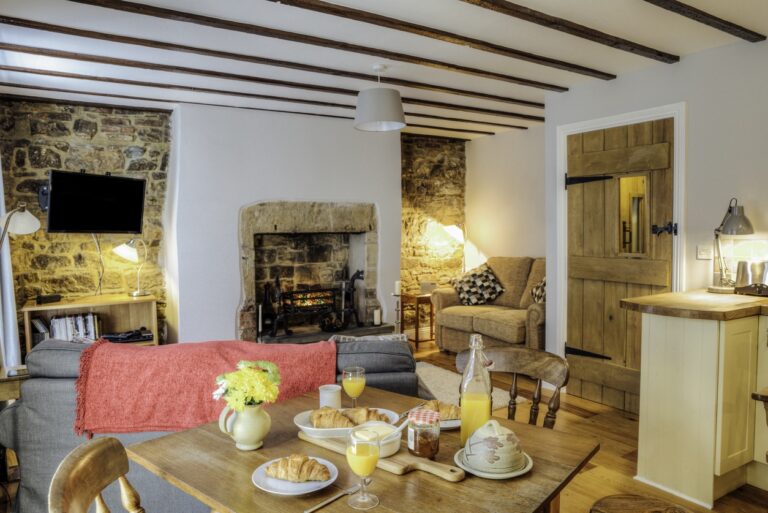
Tax on tips, service charges and troncs
Service charge law UK
The Employment (Allocation of Tips) Act 2023 is due to come into force on 1 October 2024. This requires all tips, gratuities and voluntary service charges to be distributed among the business’s employees, without any deductions other than standard tax and national insurance contributions (NICs), including those managed through tronc schemes.
Employers must establish written policies outlining their approach to tip distribution and maintain records of tip allocations for at least three years. There is also an official code of practice to accompany the new law. This provides guidance to employers and staff within tipping industries on the fair and transparent allocation and distribution of tips.
What is the difference between a tip, service charge or tronc?
Tips or gratuities are voluntary payments made by customers to service staff as a ‘thank you’ for their excellent service. They are typically given directly from the customer to the employee via cash or a card transaction. In most cases, tips are considered the property of the employee who receives them.
Service charges are mandatory or voluntary charges automatically added to a customer’s bill by the establishment.
Mandatory service charges are treated as standard business income and may be liable to corporation tax. If paid to employees, it will be treated as standard wages.
Voluntary service charges, however, will be subject to the same tax treatment as tips.
What is tronc?
Tronc is a special pay arrangement used to distribute tips, gratuities and service charges. Tronc is a system where service charges, tips and other discretionary payments are pooled and then redistributed among staff according to an agreed set of rules. Tronc payments are managed by a troncmaster or a tronc committee.
Are tips taxable?
The tax treatment of tips and voluntary service charges can be complex. It’s crucial for both employees and employers in the service industry to understand and comply with the relevant tax regulations.
Income tax: Tips and voluntary service charges are subject to income tax, just like regular wages. If given to the employee in the form of cash directly from a customer, the employee will need to report their tips as part of their taxable income when filing their annual tax return. If they do not submit an annual tax return, they can report the amount of tips they receive either online using their personal tax account or by calling HMRC’s income tax helpline.
If the tips and voluntary service charges are received by the employer and then distributed back to the employee, the employer is responsible for deducting PAYE from the amount paid.
National insurance: National insurance contributions depend on whether the tips and voluntary service charges were given directly to the employee in the form of cash, in which case NICs would not apply or Employers are responsible for withholding income NICs on tips paid through the payroll system.
It is vital for both employees and employers to maintain accurate records of tips and voluntary service charges received and distributed. The tax authorities may require these records to verify tax compliance
Tax treatment of tips allocated through a tronc scheme
The treatment of tips and voluntary service charges allocated through a tronc payment can be more complicated due to pooling and redistribution.
The difference between a tronc payment and the employer distributing tips is that a tronc scheme has no input from the employer. Instead, an independent troncmaster, usually an employee who has no influence over how the business is run, is responsible for running the tronc scheme.
Income tax: Tronc payments are subject to income tax. The troncmaster (or committee) is responsible for making the appropriate PAYE payments to HMRC. Typically, a PAYE scheme should be set up in the troncmaster’s name, but different PAYE arrangements can be agreed if needed.
As such, a troncmaster with a PAYE scheme can use the employer’s payroll to operate PAYE on their behalf, provided the PAYE scheme is independent of the employer’s scheme.
National insurance: NIC obligations under tronc schemes can be complicated. In most cases, where an employer redistributes tips to staff, the employer is liable for employer and employee NICs. If someone other than the employer is responsible for allocating the tips, such as under a tronc scheme, slightly different rules apply.
Where tronc payments attract NIC liabilities, the troncmaster is not required to pay NICs on those payments, as it is the employer’s responsibility to calculate any NICs due and make payments to HMRC.
Essentially, provided that the employer has no influence over how the tips and voluntary service charges are pooled and distributed, there should not be NICs due on the payments to employees. Employers with a tronc scheme need to report all tronc payments to HMRC.
For further guidance on your obligations in the food and hospitality sector, do get in touch.












